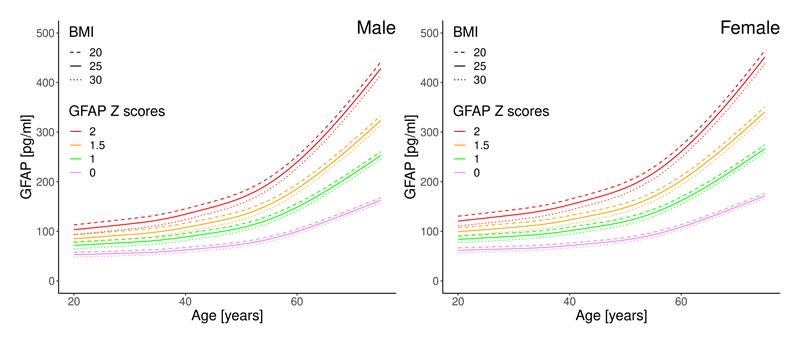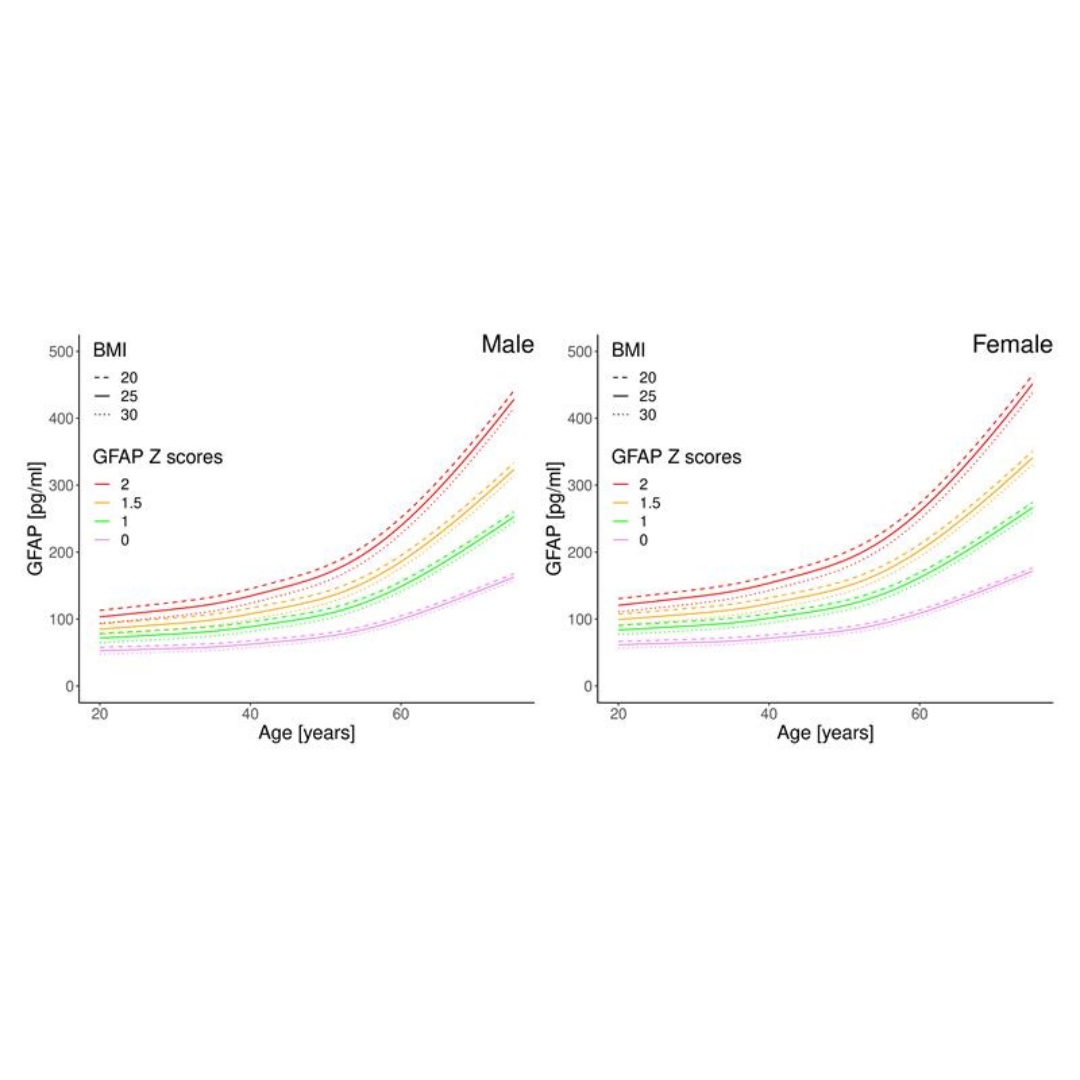A new study led by Professor Jens Kuhle, Aleksandra Maleska and researchers from the University Hospital Basel, University of Basel, and the Research Center for Clinical Neuroimmunology and Neuroscience Basel (RC2NB) has been published in Brain. The work provides strong evidence that two serum biomarkers Glial Fibrillary Acidic Protein (GFAP) and Neurofilament Light Chain (NfL), offer complementary insights into Multiple Sclerosis (MS) disease activity and progression.
Distinct Biological Processes Captured by GFAP and NfL
The study demonstrates that serum NfL remains a reliable indicator of acute inflammatory activity and an established predictor of future relapses. In contrast, serum GFAP reflects a different and clinically challenging aspect of MS:
Progression Independent of Relapse Activity (PIRA), the gradual, relapse-independent worsening that accounts for a substantial portion of long-term disability.
By integrating both markers, the research proposes a more comprehensive framework for understanding the dual pathological processes of MS focal lesion formation and diffuse neurodegeneration.
Individualized Interpretation Through Normative Data
A central strength of the work is the use of extensive age-, sex-, and BMI-adjusted normative datasets. These datasets allow biomarker values to be interpreted at the individual level, significantly improving their clinical applicability and moving beyond the limitations of fixed cut-off values. This approach underscores the importance of personalized assessment in MS biomarker research.
Implications for Understanding Disease Mechanisms
The study also reports that GFAP levels decreased during fingolimod treatment, suggesting potential effects on astrocytic activation and offering new perspectives on treatment mechanisms in progressive disease biology.
Advancing Precision Monitoring in MS
This publication highlights the value of combining biomarkers that reflect different underlying mechanisms of MS. By demonstrating how GFAP and NfL together provide a more complete picture of disease trajectory, the study contributes important evidence toward more precise and individualized monitoring strategies.
The team at RC2NB congratulates Professor Kuhle, Aleksandra Maleska, and all collaborators on this impactful contribution to the field of MS research.
Article here:https://pubmed.ncbi.nlm.nih.gov/41237262/



